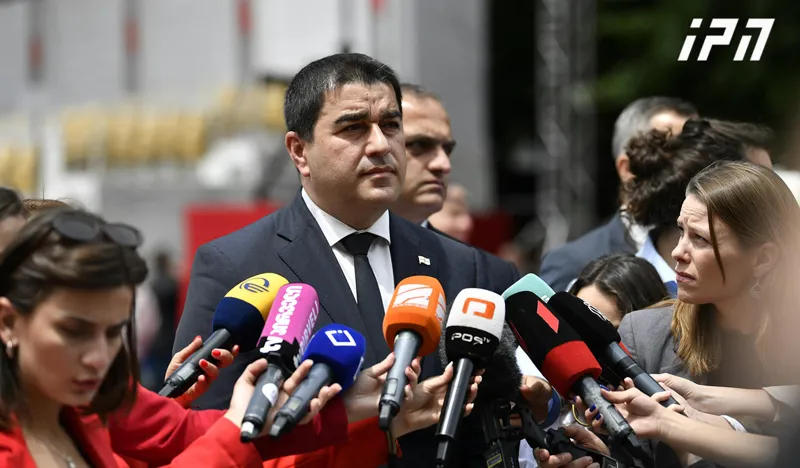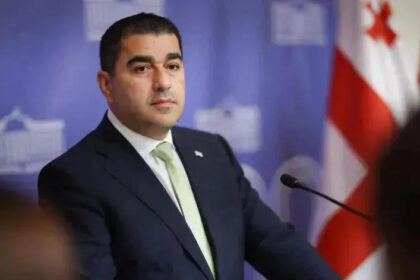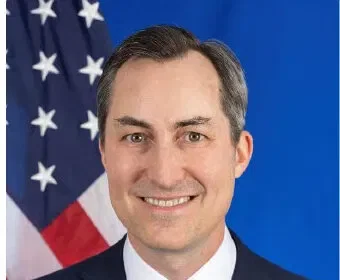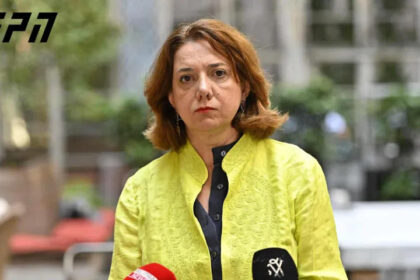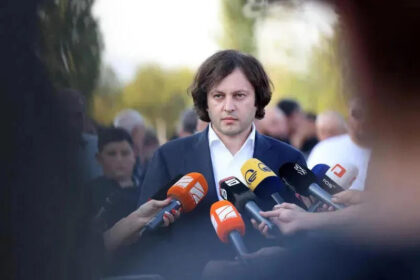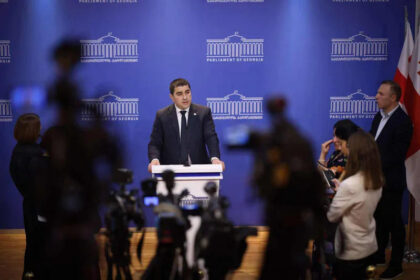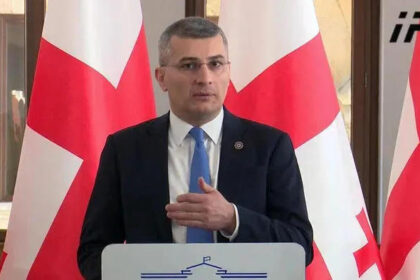**Georgia’s Ambassador to EU Criticizes Visa-Free Regime Suspension**
In a recent statement, Shalva Papuashvili, Georgia’s ambassador to the European Union, expressed his strong opposition to the suspension of the visa-free regime for Georgian citizens. According to him, there is no valid reason for this decision.
Papuashvili pointed out that some EU countries have been searching for pretexts to suspend the visa-free regime. He emphasized that Georgia cannot be held responsible for the arbitrary actions and lack of good faith displayed by others. This comment suggests that Papuashvili believes the suspension is unfair and not based on any legitimate concerns about security or immigration.
The suspension of the visa-free regime would mean that Georgian citizens would need to obtain visas to enter certain EU countries, which could have significant consequences for their travel plans and economic interests. Papuashvili’s comments indicate that he is concerned about the potential impact of this decision on Georgia’s relations with the EU and its citizens.
**A Closer Look**
The controversy surrounding the visa-free regime highlights the complexities of EU-Georgia relations. While Georgia has made significant strides towards European integration, it still faces challenges in meeting certain EU standards.
Papuashvili’s statement suggests that he believes the suspension is motivated by a desire to exert pressure on Georgia rather than a genuine concern about its compliance with EU rules. This could be seen as an attempt to undermine Georgia’s sovereignty and limit its economic opportunities.
**What’s Next?**
The fate of the visa-free regime remains uncertain, with some EU countries pushing for its suspension and others advocating for its continuation. Papuashvili’s comments are likely to add fuel to this debate, highlighting the need for a more nuanced understanding of Georgia’s contributions to European integration.
As the situation unfolds, it will be essential to monitor how EU policymakers respond to Papuashvili’s concerns and whether they can find a way to balance their security interests with the needs of Georgian citizens.
Read More @ www.interpressnews.ge




